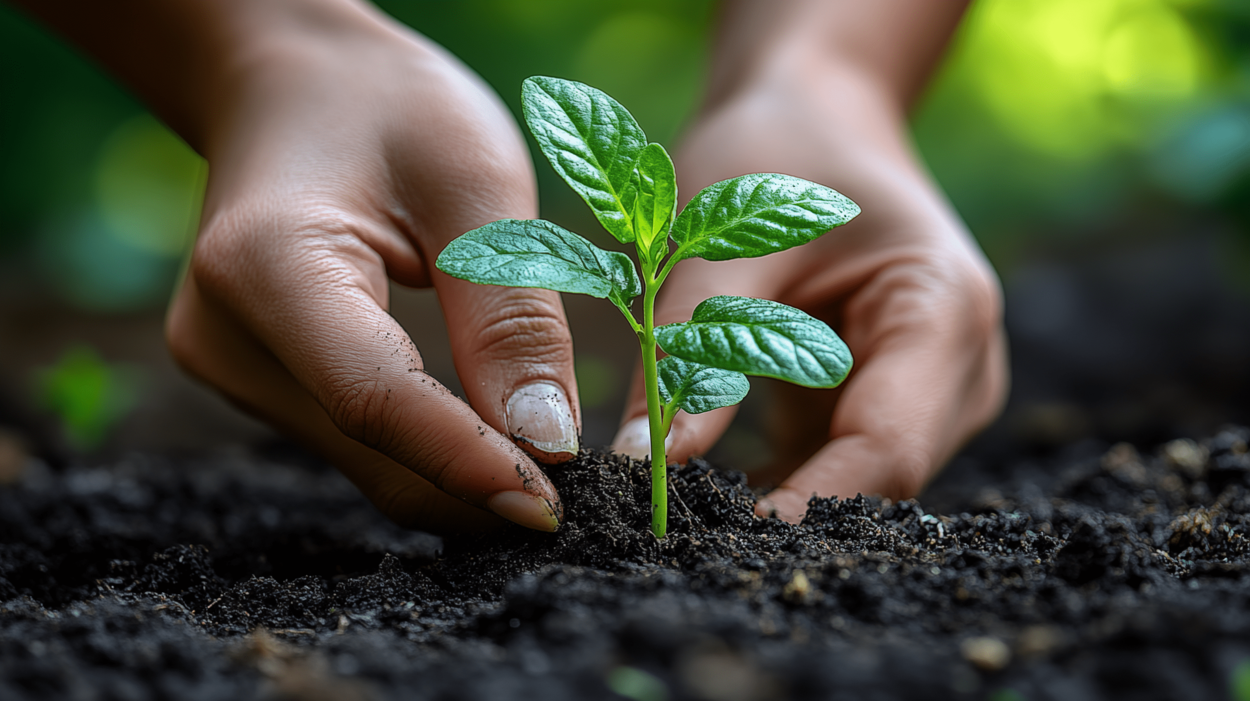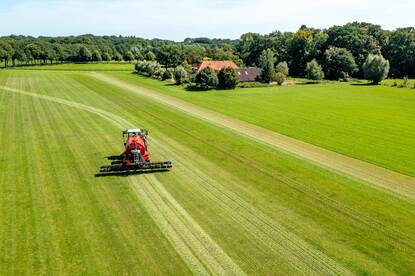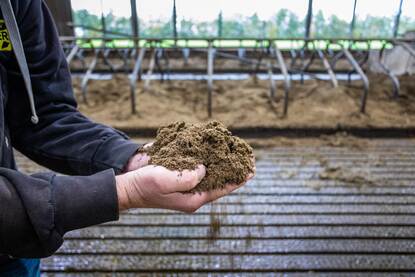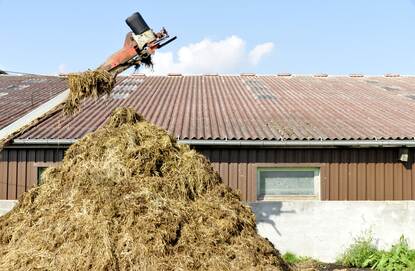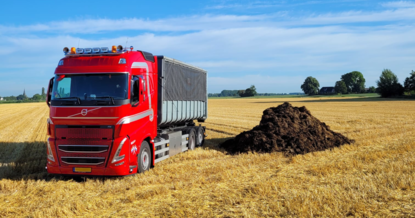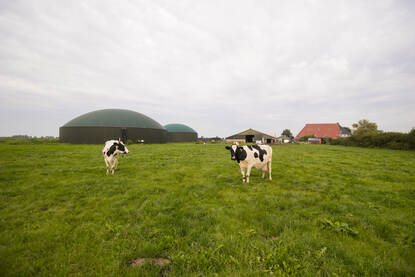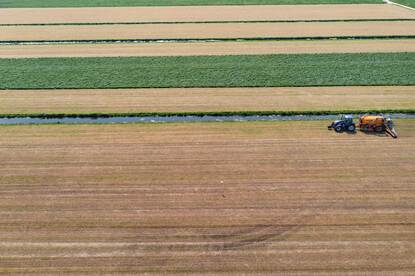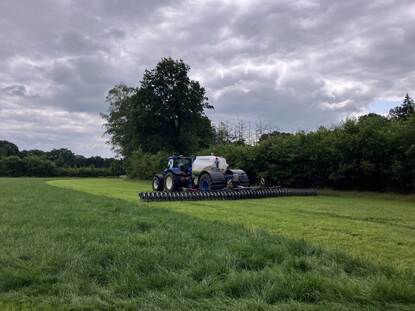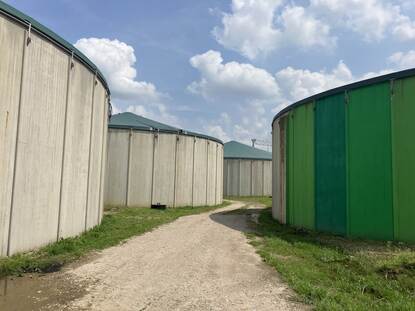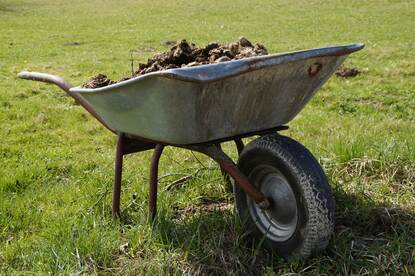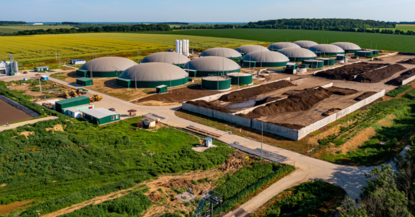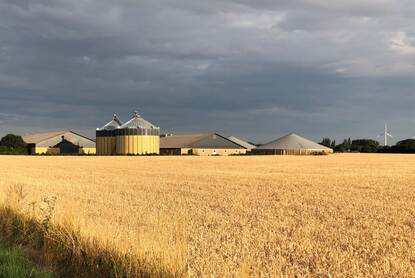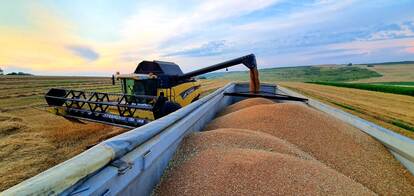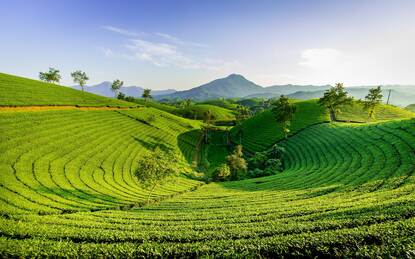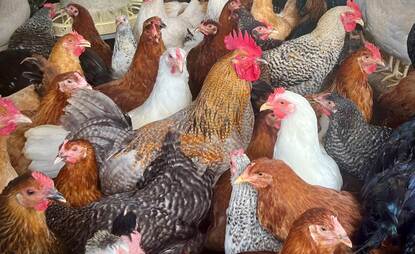Foto Pixabay
Manure is a valuable source of nutrients that contributes to healthy soils and circular agriculture. The Netherlands is committed to optimizing the use of this resource, with a focus on processing, innovation, and export. Martijn Homan and Femke Kiestra from the Dutch Ministry of Agriculture, Fisheries, Food Security and Nature (LVVN) discuss policy, international cooperation, and opportunities that manure presents.
Femke Kiestra is a senior policy officer in the Manure team, part of the Directorate for Plant Supply Chain and Food Quality at LVVN. This directorate is responsible for developing, implementing, and evaluating policies related to plant-based agro chains and food safety. ‘I primarily work on manure processing and export,’ Kiestra explains. ‘
Martijn Homan is a senior policy advisor at the Directorate for European, International and Agro-Economic Policy within LVVN. This directorate develops and coordinates policies on European and international agricultural dossiers, trade issues, and agro-economic developments. At LVVN, Homan is involved in the general coordination of the Netherlands Agricultural Network (LAN) within the Ministry. ‘I do this in close cooperation with my colleagues at the LAN Homebase team at the Netherlands Enterprise Agency (RVO), who are responsible for the network's organization. In this capacity, I became involved in international manure-related matters. I also serve as regional coordinator for France, Italy, and until recently, Poland. These countries all have links to manure, particularly regarding its market opportunities. Because both roles involve international agricultural cooperation and manure management, my involvement in this topic was a natural extension of my responsibilities.’

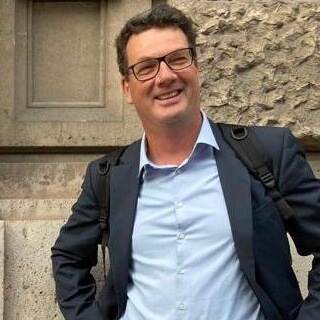
The manure market approach letter: background and measures
In September 2024, the Minister of Agriculture, Fisheries, Food Security and Nature sent a letter to the House of Representatives on the Netherlands' manure market approach outlining the current manure challenges and potential solutions. Kiestra explains: ‘The letter highlights the phasing out of the derogation as a significant challenge. Without this exemption under the European Nitrates Directive (91/676/EEC), there is less capacity for manure application.’ This means that farmers are now allowed to use less nitrogen from livestock manure per acre and a maximum of 170 kilograms per acre in 2026, compared to 250 kilograms or 230 kilograms under the previous derogation. As a result, some short-term measures such as stimulating manure processing and export are necessary to bring some relief to the manure market.
The letter describes a combination of short-term measures and long-term structural solutions. One of the more long-term measures is the European admission of RENURE. Kiestra: ‘We focus on greening and replacing synthetic fertilizers. An important initiative in this context is the Commission proposal for RENURE (REcovered Nitrogen from manURE). RENURE is defined as processes through which any nitrogen-containing substance, fully or partially derived from livestock manure, can be used in areas with nitrogen pollution in water. This is done following the same provisions that apply to nitrogen-containing chemical fertilizers, particularly nitrates, as defined in the Nitrates Directive. RENURE ensures the achievement of the Nitrates Directive's objectives while also providing adequate agronomic benefits to enhance plant growth. This proposal is currently under review by the European Nitrates Committee and could in the future support the reduction of emissions from agriculture.’
She explains that mineral concentrates are produced by processing the liquid fraction of manure. ‘This treatment helps reduce emissions and create products that can replace synthetic fertilizers, achieving dual benefits: lower synthetic fertilizer uses and better utilization of livestock manure.’
Processing technologies play a crucial role. ‘The drier and more concentrated the product, the further it can be transported,’ Homan elaborates. ‘Thick, pelletized manure is easier to transport. This opens opportunities to countries like Vietnam, South Korea, and Taiwan, where there is a demand for nutrient-rich products. Dry pellets can contain up to 90% dry matter, while slurry manure has only about 10%. The drier the product, the more efficient the transport. But be aware, for exporting to countries outside the EU, one must comply with the import conditions of different countries. It is crucial for companies to be well-prepared and aware of the requirements and expectations of third countries.’
‘LVVN is also working on a subsidy scheme to expand the processing capacity for manure hygienization and pelletizing,’ Kiestra adds. ‘This will allow for larger volumes to be processed and to cater to international demand.’
LAN’s role in promoting the value of manure
‘Manure is more than just waste,’ Homan explains. ‘It's a valuable nutrient source that supports circular agriculture and enhances soil fertility. It provides essential plant nutrition, promotes crop growth, encourages greening, and strengthens soil life. Every region faces either a surplus or a shortage but also has challenges regarding soil quality. Brittany in France, for instance, has an excess of manure, while other areas, like Central France, experience a deficit. Or Poland, with its sandy soils which urgently need organic matter.’
He goes on: ‘We try to connect these areas and challenges and support these regions to improve their soil health and farm more sustainably. Therefore, missions to Germany, France, and Poland are being planned, ensuring that manure nutrients reach the regions where they are most needed. Of course, the Netherlands Agricultural Network plays a key role in this. With their local expertise and government relations, the agricultural counsellors and their teams are instrumental to our efforts to promote the value of manure internationally.’
Manure is a valuable nutrient source that supports circular agriculture and enhances soil fertility
Symposium on manure in the Netherlands
On March 20, 2025, LVVN will host a symposium on manure processing and manure export, in collaboration with NCM (the Dutch Knowledge Center for Manure Valorization) and sector representative Cumela. This event, to take place in Harderwijk, the Netherlands, plays a central role in connecting supply and demand. Homan: ‘We aim to inform participants about demand areas, export regulations, and practical considerations.’ He continues: ‘The symposium will offer sessions on the marketing of both unprocessed and processed manure. We seek to provide national stakeholders with insight into international opportunities, with contributions from colleagues in France, Germany, and Poland.’
Beyond Europe, the Netherlands is also exploring markets in Asia and Africa. Kiestra: ‘Vietnam, South Korea, and West Africa face nutrient shortages and see potential in products like pelletized manure. These markets demand high-quality products with a high organic matter content. Nutrient needs are central in these markets.’
The Symposium on Manure aims to inform participants about demand areas abroad, export regulations, and practical considerations
Innovation missions, knowledge exchange, and research
LVVN also focuses on innovation and international knowledge sharing, where LAN plays a significant role. ‘In May 2025, we are organizing an innovation mission to Italy,’ Homan shares. ‘Northern Italy, like the Netherlands, has manure surpluses. During this mission, we aim to learn from their techniques and share knowledge on manure valorization. The emphasis is on technical solutions, not just marketing possibilities.’
Additionally, LVVN is collaborating with the Nutrient Management Institute (NMI) and the Netherlands Enterprise Agency (RVO) on a study to map manure demand and supply areas. Kiestra explains, ‘This research updates existing data and is intended to help companies better plan their marketing strategies. Together with reports from LAN at the Dutch Embassies, we hope to provide stakeholders with clearer insights into international market developments on manure.’
Building connections
The Netherlands is fully committed to using manure as a valuable resource, focusing on sustainability, circular agriculture, and clear information dissemination. ‘Supply must match demand,’ Homan emphasizes. ‘Through trade missions, the mentioned manure symposium, and up-to-date research, we aim to create these connections. It is not about creating a market but making demand visible and helping businesses respond to it.’ Kiestra adds: ‘Manure is plant nutrition and essential for healthy soils. That’s the message we aim to share both in the Netherlands and abroad.’
